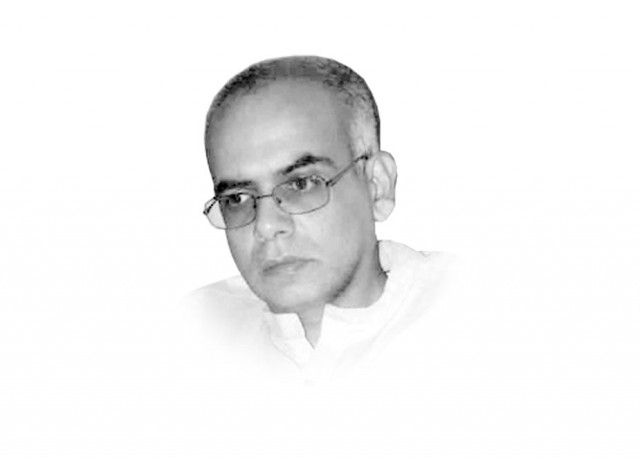Pakistan’s education emergency
Economic cost of not educating our citizens is estimated to be equal to being struck by a major flood every year.

Despite six decades of reiterating lofty aims, the target of providing all citizens with the basic capacity to read and write remains elusive, even in the 21st century. Consequently, one in 10 of the world’s out-of-school children are Pakistani.
The economic cost of not educating our citizens is estimated to be equal to damages that would be caused if we were struck by a major flood every year. On the other hand, the potential benefits of education are immense. For instance, just one year of education for women can help reduce fertility by 10 per cent. Unfortunately, usage of school teacher jobs for patronage purposes by politicians has diminished accountability. It is also wrong to presume that the public school system is suffering because teachers are poorly paid. Public school teachers get paid a third more than their low-cost private school counterparts. Despite this, on any given day, between 10 to 15 per cent of public school teachers are reported as being absent.
This task force report, instead, places a lot of trust in the private sector to address our educational malaise. It points out that a significant proportion of the demand for education is being addressed by low-cost private schools. However, whether private schools catering to low-income households are providing quality education remains a debatable question. Moreover, as donor attention is turning towards the private education sector, the state of government schools could become even worse.
It must be remembered that there are many parents across the country who cannot afford to pay for education, even in low-cost private schools. Private schools are also not inclined to open up in areas where there are not enough fee-paying students. Private schooling may thus not be the best option to educate poorer and more remote communities.
Analysts have long been warning that education is dangerously polarised. Since Pakistan’s elite educates its children at expensive schools in the country or abroad, education has slipped off the political agenda.
Pakistan has spent a scandalously low proportion of its GDP on education. In the current education policy, the government vowed to increase the education budget but this was not done. It may be convenient to say that Pakistan is too poor to provide the right of basic education to all its citizens. But there are 26 countries poorer than Pakistan which manage to send more children to school.
A campaign has been devised by the task force to call on all citizens to petition the prime minister to double education spending. That this campaign comes from within the government is indicative of how serious the problem has become. One wonders, however, if even this scenario is grave enough for our policymakers to make education a national priority.
Published in The Express Tribune, March 31st, 2011.















COMMENTS
Comments are moderated and generally will be posted if they are on-topic and not abusive.
For more information, please see our Comments FAQ